Chairwoman of the Committee for Deputy Affairs, Nguyen Thanh Hai, presented the National Assembly with a report on the draft Law on the Election of National Assembly Deputies and People’s Council Deputies (amended) on the morning of May 12th, 2025.
According to Ms. Nguyen Thanh Hai, this amendment aims to refine the electoral regulations concerning the reorganization and streamlining of Fatherland Front organizations, socio-political and mass organizations assigned by the Party and the State, as well as the implementation of the two-tier local government model.
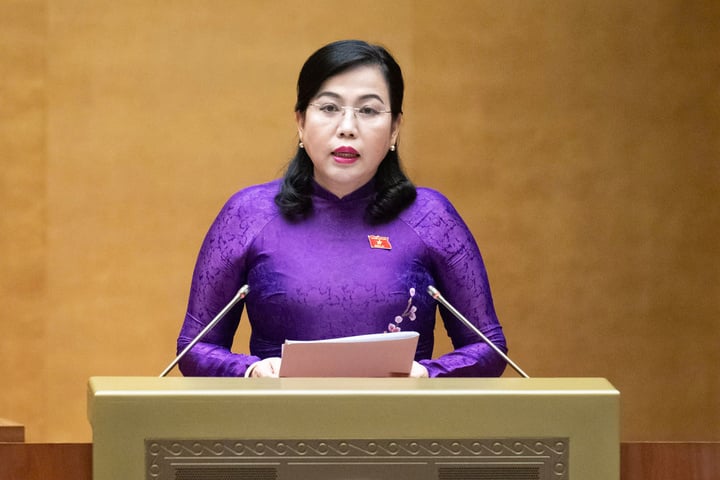
Ms. Nguyen Thanh Hai speaking at the National Assembly. (Photo: Quochoi.vn)
The law will be amended to reduce the time frame for implementing certain procedures and processes in the election process, primarily the period from the deadline for submitting candidacy applications to the opening day of the first session of the new National Assembly and People’s Councils at all levels.
Specifically, the draft law proposes amendments related to the organization of the two-tier local government model, omitting all provisions pertaining to the People’s Councils and their deputies at the district level, as well as the People’s Committees and election organizations at the district level.
In the absence of the district-level model, the draft law suggests that the People’s Committees at the commune level have the authority to establish polling areas without higher-level approval. Ms. Hai explained that after the administrative unit reorganization, the number of commune-level units directly under the provincial level would increase significantly, leading to an increase in administrative procedures and layers in the election process at the local level, and an excessive workload for the provincial level.
However, to ensure accountability and oversight from the immediate higher-level authority, the draft proposes that “when necessary, the People’s Committee at the provincial level can adjust the determination of polling areas.”
The number of members in the Election Committee at the commune level is also proposed to increase from 9-15 people, up from the current 9-11 members, due to the potential increase in the number of polling stations resulting from the merger of administrative units.
This amendment also proposes reductions in the time frames for implementing election procedures. Specifically, the draft law suggests a 42-day period from the final deadline for submitting candidacy applications to the election day, a reduction of 28 days compared to the current law.
The draft law adjusts the time from the submission of candidacy applications to the final day of the second consultative conference to two days instead of five days as prescribed in the current law; and proposes to reduce the time from the final day of the second consultative conference to the third consultative conference to 17 days, down from 30 days in the current law…
Regarding the time frame from the election day to the opening of the first session of the 16th National Assembly and People’s Councils for the term 2026-2031, the draft law adjusts the deadline for announcing election results and the list of elected deputies of the National Assembly to within 10 days after the election, instead of 20 days as prescribed in the current law.
With these new regulations, the earliest possible date for the opening of the first session of the 16th National Assembly is expected to be 22 days after the election. These new provisions are expected to shorten the time gap from the deadline for submitting candidacy applications to the opening of the first session of the new National Assembly and People’s Councils by nearly 40 days.
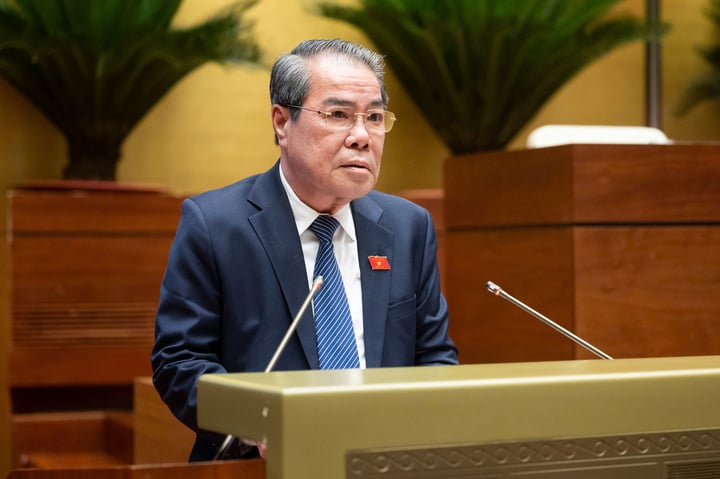
Mr. Duong Thanh Binh, Chairman of the Committee for Petitions and Supervision, speaking at the National Assembly.
In his report on the draft law, Mr. Duong Thanh Binh, Chairman of the Committee for Petitions and Supervision, stated that the majority of the Committee agreed with the proposed reduction in the time frame for implementing procedures and processes to facilitate the early election of deputies to the 16th National Assembly and People’s Councils at all levels for the term 2026-2031. This contributes to saving time and budget for the State as well as overall social costs.
However, the Committee suggested considering a longer time frame for certain steps, such as extending the time from the submission of candidacy applications to the final day of the second consultative conference from two days to five days.
According to the reviewing agency, this adjustment is necessary to ensure sufficient time for the competent authority to receive, guide, and supplement the dossiers of self-nominated candidates and those nominated for the first time, especially in guiding the preparation of dossiers for self-nominated candidates.
The draft law proposes to adjust the time frame from the final day of the second consultative conference to the third consultative conference from 30 days to 17 days.
The New Congress: A Proposal to Shorten Term Lengths and Fast-Track Elections
As the 9th session of the 15th National Assembly enters its second week, lawmakers are focused on discussing and deliberating on the proposed amendments to the Law on Election of Deputies to the National Assembly and People’s Councils. This important piece of legislation is a key focus for the assembly, as it aims to ensure fair and equitable elections that truly represent the will of the people. The discussions are centered around ensuring that the election process is accessible, inclusive, and reflective of the diverse nature of our great nation.
“Submission to Congress: Provincial-Level Administrative Unit Merger Proposal on June 11”
The National Assembly will discuss and decide on several key issues during its 9th session. These include resolutions on mechanisms and policies to promote the private economy and pilot schemes for special mechanisms and policies to invest in the development of the railway system. A proposal to merge administrative units at the provincial level is also on the agenda, among other significant topics.
“Unleashing Private Sector Growth: A Call for Swift Legislative Action”
“On the afternoon of May 7th, with a sense of urgency to implement Resolution 68 of the Politburo on private sector development, Prime Minister Pham Minh Chinh chaired a meeting of the Government’s Standing Committee on drafting a resolution of the National Assembly on special mechanisms and policies for private sector development. This pivotal gathering underscores the government’s commitment to fostering a thriving and vibrant private economy, recognizing its vital role in driving Vietnam’s economic growth and prosperity.”
“Revolutionizing Social Housing Investments: Slashing Processing Times by 70%”
The government has proposed a 70% reduction in processing time for social housing projects, expediting project development and answering the long-awaited calls of both businesses and citizens.

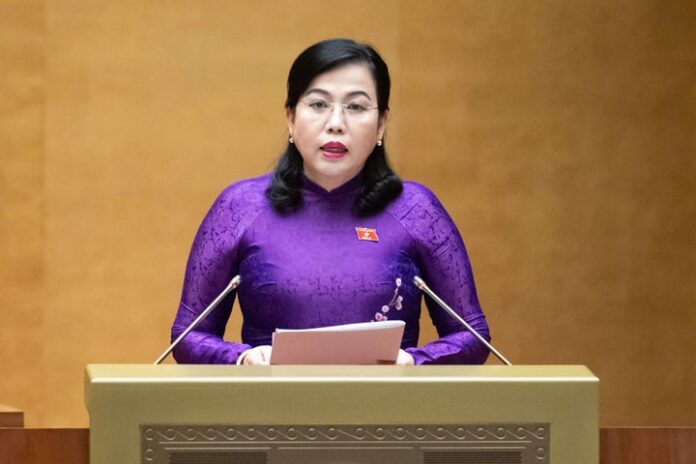
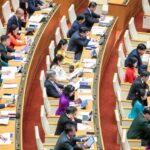

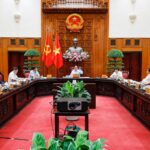
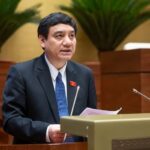




![[Photo Essay]: Experts, Managers, and Businesses Unite to Forge a Path Towards Sustainable Green Industry](https://xe.today/wp-content/uploads/2025/07/z678592918-150x150.jpg)


![[Photo Essay]: Experts, Managers, and Businesses Unite to Forge a Path Towards Sustainable Green Industry](https://xe.today/wp-content/uploads/2025/07/z678592918-100x70.jpg)







